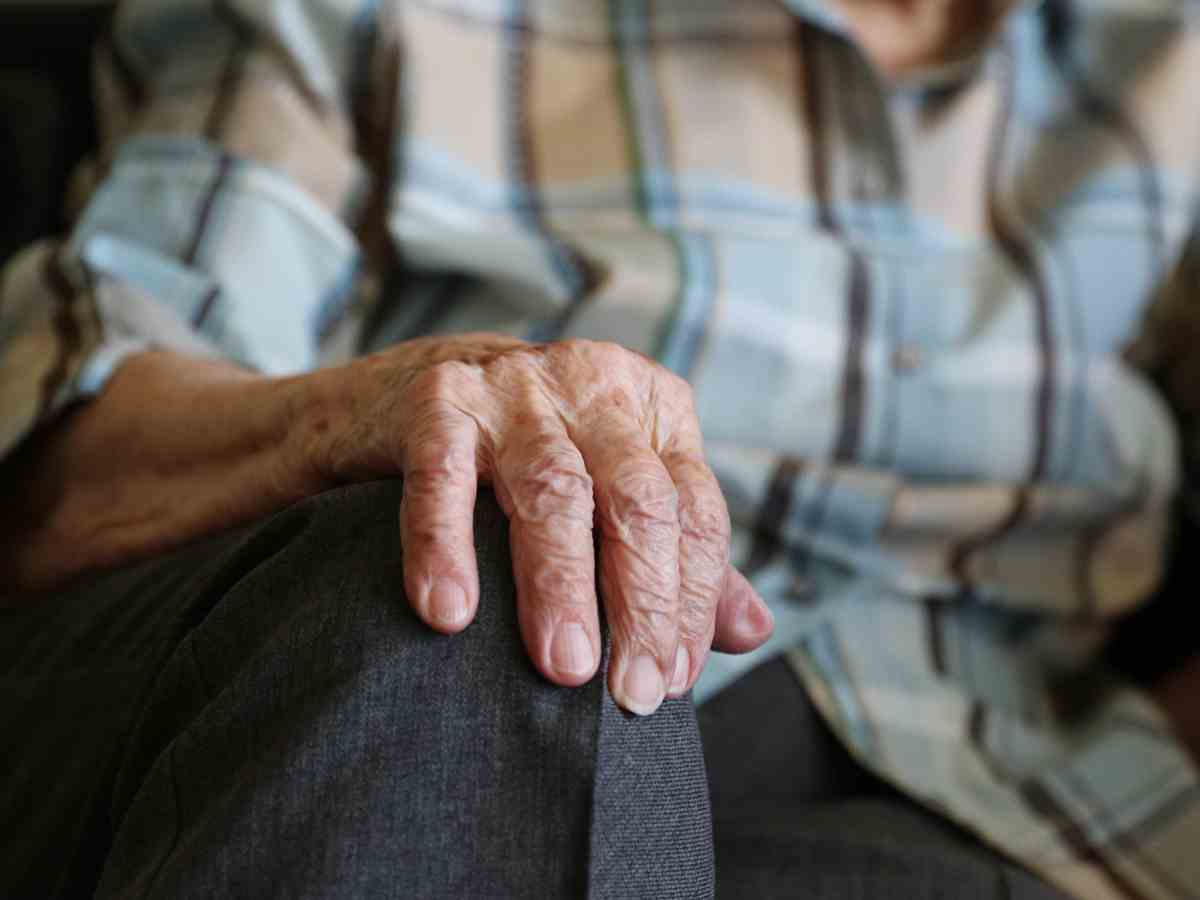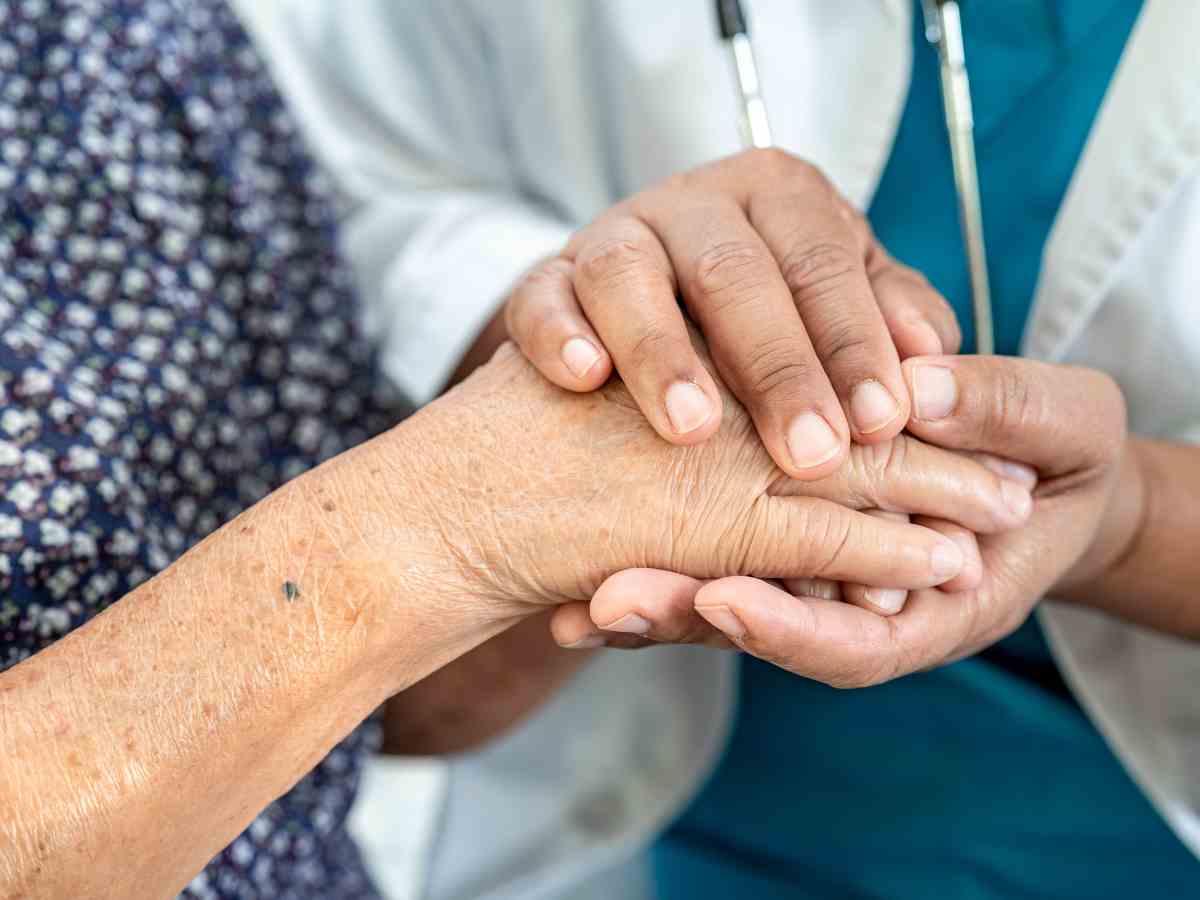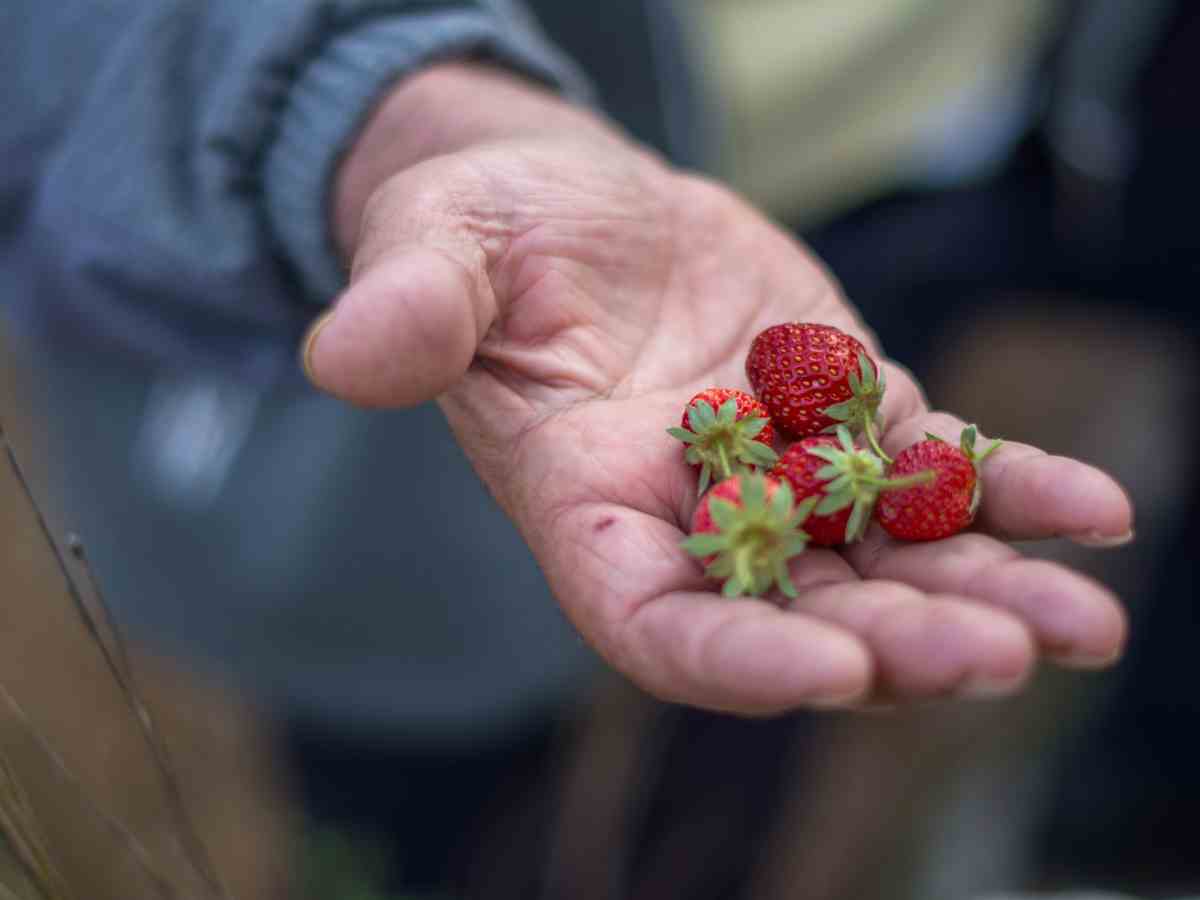3 Important Needs in Elderly Companion Care
This post contains editorial samples and/or affiliate links to products I recommend. While this adds no additional cost to you, I will earn a small commission on any sales made.
Providing elderly companion care is more than just visiting or being present for an elderly family member or friend. It means taking care of 3 important needs.
Needs that need to be prioritized for their health and well-being.
So, what is Elderly Companion Care?
It involves providing the elderly family member or friend with practical care and emotional support in their home. This could also mean being there for elderly friends who don’t have family closeby or reside in an assisted living residence while their children stay far away.
That being said, there are three crucial things to remember when looking to provide them with a safe and comfortable environment.
3 Musts in Elderly Companion Care
Prioritize Regular Medical Check-ups
Regular medical check-ups are the cornerstone of senior health.
These appointments allow healthcare professionals to monitor existing health conditions, identify potential concerns early, and adjust medications or treatments as needed. Ensure your elderly family member/friend has a primary care physician they trust, and schedule routine check-ups to ensure their overall health is well-maintained.
Accompanying them to appointments can be beneficial, as it provides an opportunity to discuss any health concerns directly with the doctor.
Additionally, keeping track of their medications, appointments, and test results can prevent oversights.
Encourage Physical Activity and Nutrition
Maintaining an active lifestyle and a balanced diet are essential for senior health.
Encourage engagement in physical activities that suit their abilities, whether walking or water aerobics. Staying active helps improve mobility, muscle strength, and cognitive function.
Various exercise routines with elderly grandparents and loved ones can also be a great bonding activity.
Nutrition also plays a vital role. A well-balanced diet rich in fruits, vegetables, whole grains, lean proteins, and healthy fats supports the immune system, bone health, and overall vitality.
If necessary, make an appointment with a nutritionist to create a personalized meal plan that addresses specific dietary needs or restrictions.
Create a Safe Living Environment
The home environment plays a crucial role in the health and safety of elderly members.
Conduct a thorough assessment of the living space to identify and address potential hazards. Install grab bars in bathrooms, ensure proper lighting throughout the house, and remove tripping hazards like loose rugs and clutter.
If mobility becomes an issue, consider modifying to accommodate their needs. This might include installing ramps, elevators, or stair lifts.
Ultimately, creating a safe and accessible living environment contributes to their independence and overall well-being.
 Safeguarding the health and happiness of elderly family members/friends encompasses physical, emotional, and practical considerations.
Safeguarding the health and happiness of elderly family members/friends encompasses physical, emotional, and practical considerations.
By prioritizing regular medical check-ups, creating a safe living environment, encouraging physical activity and proper nutrition, helping address financial and legal matters, attending to mental health, encouraging socializing with people outside the home, and connecting with friends and loved ones through technology to stay in touch, this can be done. Most importantly, by respecting their independence and freedom in mobility and choices, you can provide your loved ones with the care and support they need to enjoy the season of life they are in.




 S
S